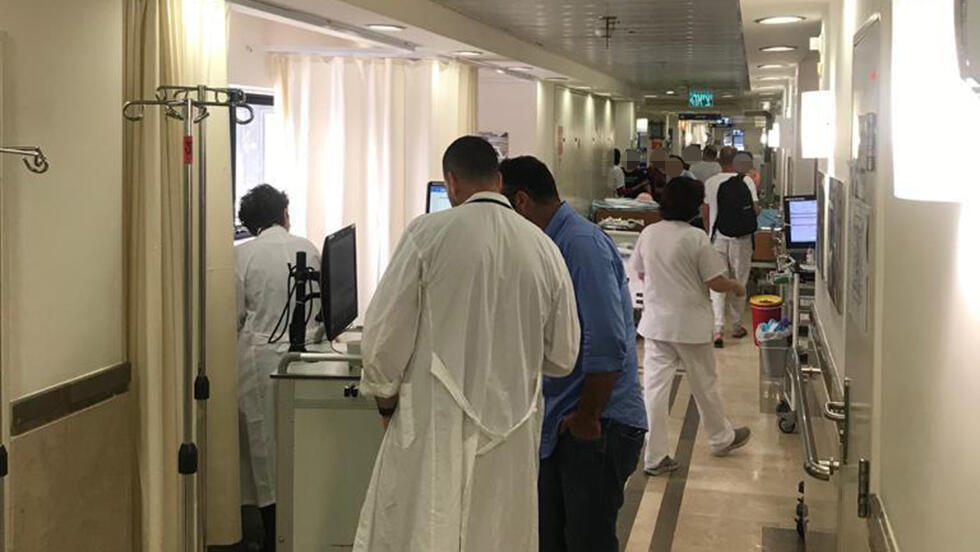Getting your Trinity Audio player ready...
The OECD warns Israel would be facing a critical shortage of medical staff including doctors while its population ages, due to an outrageous lack of planning.
Other stories:
The report which will be made public on Thursday in a ceremony at the Kfar Saba Meir Medical Center will and was seen by Ynet says that Israel has 10% fewer doctors per 1,000 people compared to developed nations – 3.3 doctors compared to 3.7 on average and that looking ahead, the aging population would require an increase in the number of doctors in order to meet the growing needs unless others in the health system assume more substantial roles in providing health care.
The report finds 55% of all doctors in 2020, were over the age of 55 compared to a third in 2,000 – placing Israel behind Italy, indicating the need for a large turnover and an urgent training of new doctors who could replace those who will soon be retiring.
Similar data was recently published in a report by the Finance Ministry's Commissioner for Budgets Yogev Gradus, which states that a quarter of medical specialists in hospitals are nearing retirement age. (Men over 60, and women over 55)
As an example, the report claims 61% of ENT specialists, 49% of acute pain specialists, 48% of pulmonary surgeons, 46% of oncologists and 38% of geriatric specialists are all nearing retirement age. Gradus said planning for the health system must be forward-looking and not only solve current shortages.
But one of the most significant findings in the OECD report is that Israel has no set policy when it comes to manpower needs in its health system. The practice of providing a short-term solution to the immediate crisis was denounced, noting that Israel has only provided ad-hock solutions and had established over 10 committees to discuss the shortage in physicians since the year 2000. Some of their findings repeated committees set up to weigh the problem and some of their findings were adopted by governments, while others were rejected.
In contrast, the report notes that some OECD member states such as the Netherlands, have dropped the practice of ad hock solutions together and have adopted an approach of long-term policy goals and planning that has proven effective in preventing shortages in staffing.
The OECD recommendations come only one day after the Health Ministry announced the establishment of yet another committee to deal with the crisis.




